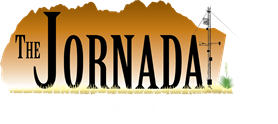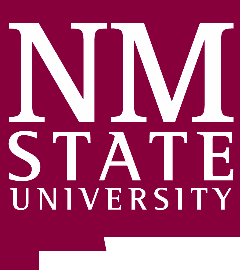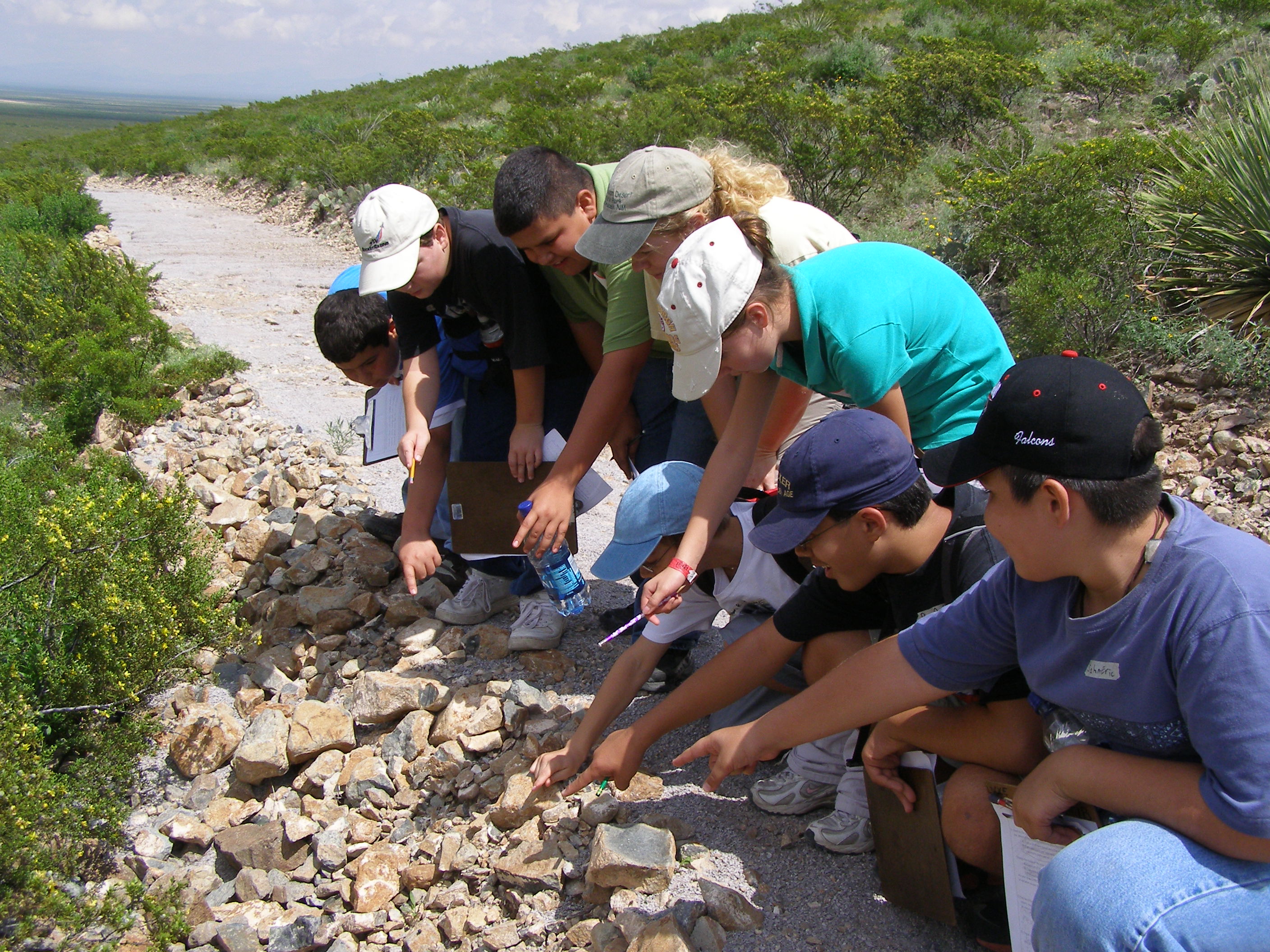Background on the Schoolyard Desert Discovery Program
Long-Term Ecological Research Program (LTER)
Although humans generally confine most thoughts to the current day, week, or possibly year, many ecological phenomena take place over much longer time periods. Recognizing this fact, the National Science Foundation established the Long Term Ecological Research (LTER) program in 1980. The LTER Network is a group of more than 1,800 scientists conducting work at 26 sites throughout the United States. These sites are located in diverse ecosystems, ranging from the arctic tundra of Alaska to the Chihuahuan Desert of southern New Mexico. The LTER’s mission is to facilitate and conduct ecological research over long periods of time across a large spatial scale.
Schoolyard LTER
In 1998, the LTER program developed a special initiative aimed at utilizing LTER resources at each site to enhance hands-on science learning for K-12 students. All 26 LTER sites now participate in this Schoolyard LTER Program. Each site has a slightly different model for their program. At the Jornada Basin LTER, we have taken advantage of the wonderful resources we have in this region. Our Schoolyard LTER is the result of a collaboration between scientists and educators from the Jornada Basin LTER, the USDA Jornada Experimental Range, and the nonprofit Asombro Institute for Science Education. Since the inception of this program in 1998, program staff have directly worked with more than 50,000 K-12 students, and thousands more have been indirectly affected by the >500 teachers who have participated in our professional development workshops. Our program focuses on:
- long-term data collection and analysis activities for students
- research protocols modeled after similar studies conducted by adult scientists with the Jornada Basin LTER
- questions that can be studied in any schoolyard
Looking to the Future
This highly successful program of schoolyard and classroom activities, field trips and teacher workshops now serves more than 8,000 K-12 students each year in southern New Mexico and western Texas. Future project plans include:
- increasing support for participant schools
- providing outreach and project information to more teachers in central New Mexico and West Texas in order to expand the reach of the program
- beginning formal evaluation of the teachers' use of the activities and Science Investigation Kits.
|
|
| Dr. Stephanie Bestelmeyer assists students with an inquiry-based science activity during a field trip in the Chihuahuan Desert Nature Park. |



